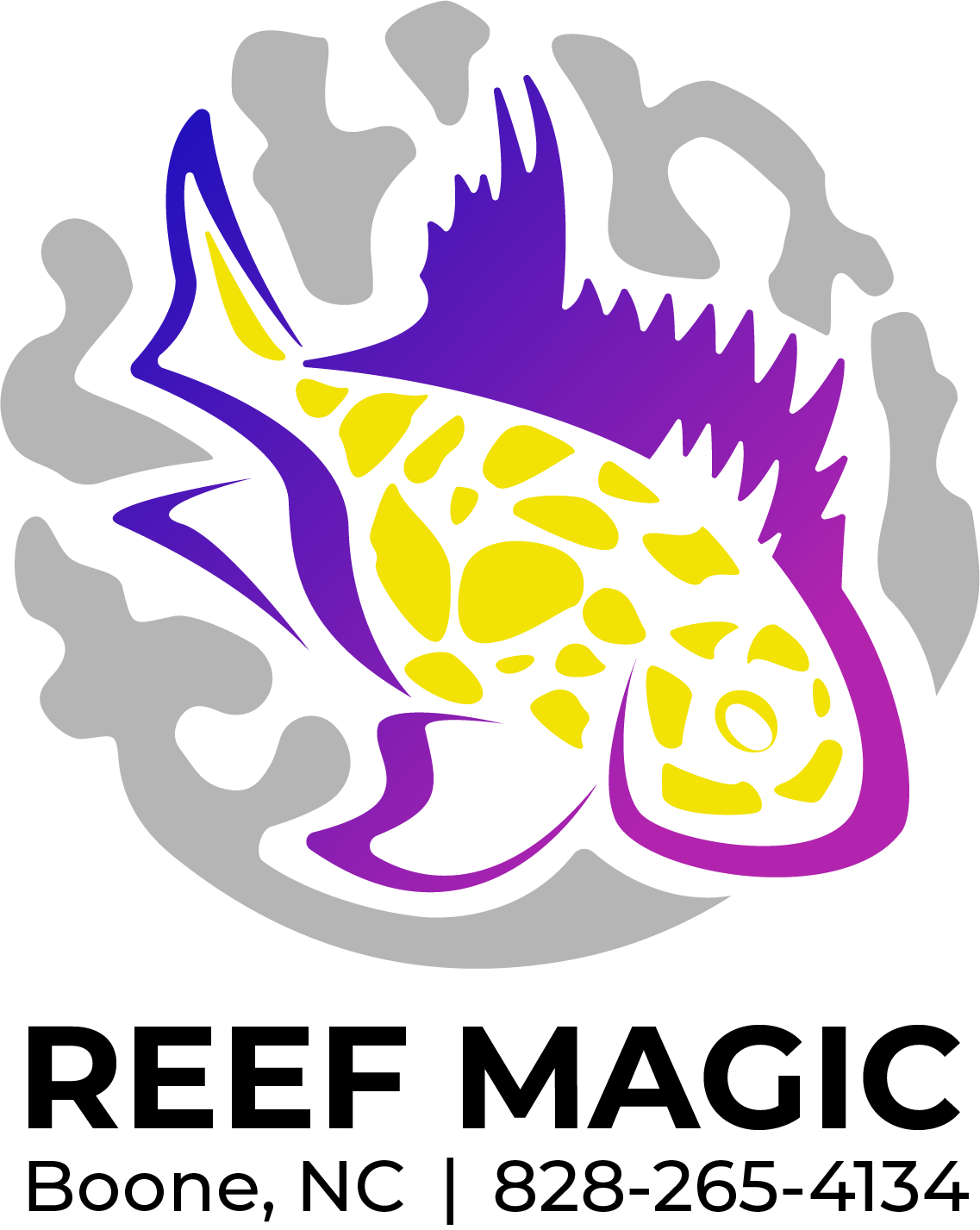 Image 1 of 1
Image 1 of 1


Electric Blue Johanni
The Johanni Cichlid (Melanochromis johannii) is a popular freshwater fish in the aquarium hobby, known for its striking colors and interesting behavior. Here's a care guide to help you provide the best environment for your Johanni Cichlids:
Tank Setup:
Tank Size: A minimum of 30 gallons is recommended for a small group of Johanni Cichlids. They can be territorial, so a larger tank helps reduce aggression.
Substrate: Use fine gravel or sand as the substrate to mimic their natural environment. Cichlids often like to dig, so a substrate that won't harm their mouths is essential.
Hiding Places: Provide plenty of hiding spots and caves using rocks and decorations. This helps reduce stress and aggression by giving each fish a territory to claim.
Filtration: Good filtration is crucial. Johanni Cichlids are sensitive to poor water quality. Aim for a powerful filtration system, and perform regular water changes.
Water Conditions:
Temperature: Maintain a water temperature between 75-82°F (24-28°C).
pH Level: Keep the pH level between 7.5 and 8.5.
Water Hardness: Johanni Cichlids prefer hard water. Aim for a hardness level between 10 and 20 dGH.
Tank Mates:
Compatibility: Johanni Cichlids can be aggressive, especially towards their own kind. Avoid keeping them with other aggressive cichlids. It's best to keep them in a species-only tank or with other Lake Malawi cichlids with similar aggression levels.
Gender Ratio: Maintain a higher number of females to males to distribute aggression. A recommended ratio is one male to two or more females.
Feeding:
Diet: Provide a balanced diet that includes high-quality cichlid pellets, flakes, and occasional live or frozen foods like brine shrimp or bloodworms.
Frequency: Feed small amounts multiple times a day rather than a large quantity once a day.
Behavior and Compatibility:
Territorial Nature: Johanni Cichlids are territorial. Provide plenty of hiding spots and territories to reduce aggression.
Breeding: If you have a mix of males and females, be prepared for potential breeding. Ensure that there are adequate hiding spots for the female to lay her eggs.
Common Health Issues:
Ich (White Spot Disease): Maintain good water quality to prevent diseases like Ich. Quarantine new fish before introducing them to the main tank.
Aggression-related Injuries: Watch for signs of aggression and separate fish if needed to avoid injuries.
Conclusion:
Johanni Cichlids can be a rewarding addition to your aquarium, but they require careful attention to water quality and tank setup to thrive. Regular observation and maintenance are key to keeping these fish healthy and vibrant.
The Johanni Cichlid (Melanochromis johannii) is a popular freshwater fish in the aquarium hobby, known for its striking colors and interesting behavior. Here's a care guide to help you provide the best environment for your Johanni Cichlids:
Tank Setup:
Tank Size: A minimum of 30 gallons is recommended for a small group of Johanni Cichlids. They can be territorial, so a larger tank helps reduce aggression.
Substrate: Use fine gravel or sand as the substrate to mimic their natural environment. Cichlids often like to dig, so a substrate that won't harm their mouths is essential.
Hiding Places: Provide plenty of hiding spots and caves using rocks and decorations. This helps reduce stress and aggression by giving each fish a territory to claim.
Filtration: Good filtration is crucial. Johanni Cichlids are sensitive to poor water quality. Aim for a powerful filtration system, and perform regular water changes.
Water Conditions:
Temperature: Maintain a water temperature between 75-82°F (24-28°C).
pH Level: Keep the pH level between 7.5 and 8.5.
Water Hardness: Johanni Cichlids prefer hard water. Aim for a hardness level between 10 and 20 dGH.
Tank Mates:
Compatibility: Johanni Cichlids can be aggressive, especially towards their own kind. Avoid keeping them with other aggressive cichlids. It's best to keep them in a species-only tank or with other Lake Malawi cichlids with similar aggression levels.
Gender Ratio: Maintain a higher number of females to males to distribute aggression. A recommended ratio is one male to two or more females.
Feeding:
Diet: Provide a balanced diet that includes high-quality cichlid pellets, flakes, and occasional live or frozen foods like brine shrimp or bloodworms.
Frequency: Feed small amounts multiple times a day rather than a large quantity once a day.
Behavior and Compatibility:
Territorial Nature: Johanni Cichlids are territorial. Provide plenty of hiding spots and territories to reduce aggression.
Breeding: If you have a mix of males and females, be prepared for potential breeding. Ensure that there are adequate hiding spots for the female to lay her eggs.
Common Health Issues:
Ich (White Spot Disease): Maintain good water quality to prevent diseases like Ich. Quarantine new fish before introducing them to the main tank.
Aggression-related Injuries: Watch for signs of aggression and separate fish if needed to avoid injuries.
Conclusion:
Johanni Cichlids can be a rewarding addition to your aquarium, but they require careful attention to water quality and tank setup to thrive. Regular observation and maintenance are key to keeping these fish healthy and vibrant.






